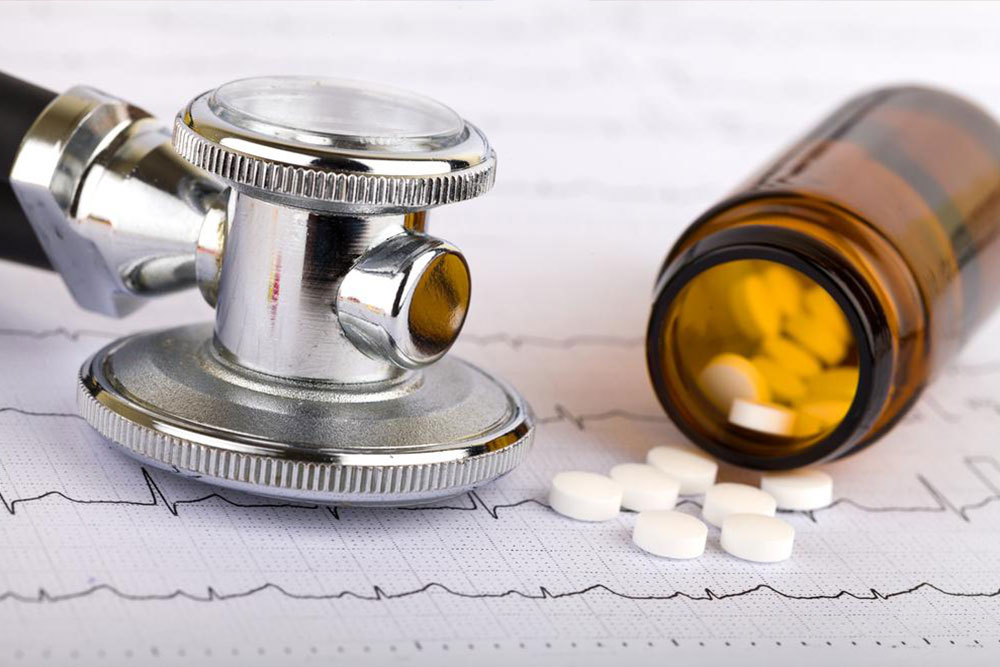Understanding Atrial Fibrillation: Signs and Management
Atrial fibrillation (AFib) is a common heart rhythm disorder that can cause symptoms like irregular heartbeat, fatigue, and shortness of breath. Early diagnosis and treatment are vital to prevent complications such as stroke. Management options include medications, cardioversion, catheter ablation, and pacemaker implantation. Recognizing symptoms and seeking medical attention is essential for effective control of AFib and maintaining cardiovascular health.
Sponsored

Atrial fibrillation (AFib) is a heart rhythm disorder characterized by an irregular and often rapid heartbeat. This condition can cause symptoms such as shortness of breath, fatigue, and noticeable heart palpitations. If left untreated, AFib increases the risk of blood clots, which can lead to strokes and other serious health issues.
When the heart's upper chambers fibrillate, blood flow becomes inefficient, resulting in fatigue, irregular heartbeats, and discomfort. Recognizing these signs early is crucial for effective management.
Managing AFib
Patients diagnosed with AFib should consult a cardiologist for comprehensive evaluation. The doctor assesses symptoms, overall health, and potential causes of the condition. Identifying the root cause is essential before initiating treatment. Mild cases may be managed with medication to prevent strokes, including specialized drugs aimed at controlling heart rhythm. For more severe cases, procedures such as cardioversion, catheter ablation, or the placement of a pacemaker might be recommended.
AFib can occur as occasional, persistent, or permanent, and treatment depends on the specific type and severity of the condition.
Symptoms such as irregular heartbeats, palpitations, unexplained fatigue, chest discomfort, or shortness of breath should prompt a visit to a healthcare professional. Sometimes, AFib can be asymptomatic, making medical evaluation and tests critical for accurate diagnosis. If you experience any of these signs, consult a cardiologist promptly to determine the appropriate course of action.






